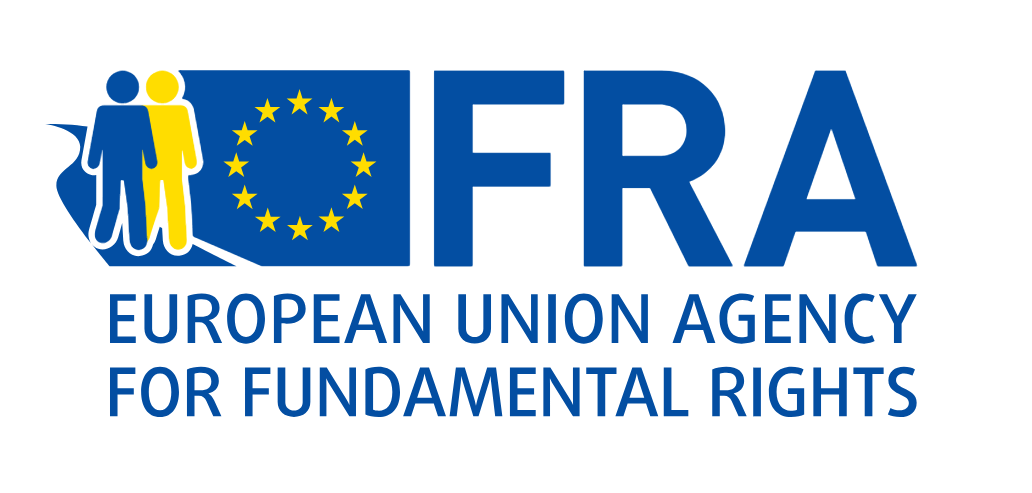Crash testing for AI
Old compliance ticks boxes.
We check code.
AI isn’t traditional software — it’s dynamic, complex, and unpredictable. Its code carries promise but also risks and liability.
Traditional assurance wasn’t built for the age of algorithms. It’s slow, expensive, siloed, and centered on organizations — not the complex AI systems shaping their decisions.
That’s where we come in.
Assurance and safety built for AI
Where others check once a year, we can monitor every day — turning risk into reliability and compliance into value.
With more than a decade of auditing, compliance and technical expertise, we make AI measurable, trustworthy and ready for impact.
Whether you’re a vendor seeking independent validation, a buyer guarding against risk, or a regulator enforcing safe deployment, Eticas.ai empowers you to harness AI’s benefits without compromise.
Real clients. All verticals. Real impact.
Why
Eticas
We bring capabilities traditional assurance can’t match
-
Trusted by regulators, procurement teams, and public bodies, our assurance is fully impartial. We provide objective evidence about how your AI behaves — credibility you simply can’t achieve from an internal review
-
We provide audit-ready evidence and expert analysis that withstand regulatory, legal, and public scrutiny. Our assurance shows not only how your AI works, but why its decisions can be trusted
-
We’ve been assuring high-impact algorithmic and AI systems since 2012, working across industries, governments, and regulated sectors worldwide. Our long-established expertise helps organisations anticipate risks early and meet evolving expectations with confidence
-
Measuring both model performance and real-world impact.
-
We provide ongoing monitoring to detect drift, emerging harms, and performance issues over time — helping ensure your assurance remains valid as systems evolve
-
We help organisations deploy responsibly and scale faster. Our assurance builds trust, removes adoption barriers, and supports confident decision-making across teams, stakeholders, and customers
Follow our path to safe, scalable AI.
-

Prepare
Assess your AI readiness
Assess governance structures, data quality, and risks to establish a baseline for responsible AI.
-

Assure
Deploy model assessment & assurance
Evaluate models for bias, explainability, and compliance, with certification where needed to prove defensibility.
-

Scale
Activate post-deployment monitoring
Track performance, bias, and impact with live dashboards and re-certification triggers that enable safe, scalable AI.
When AI works, everything moves forward.
When it fails, everything stops.
-

Success
Safe, trustworthy AI adoption
Smooth procurement
Confidence under scrutiny
Client and user confidence
-

Failure
Hidden harms surfacing in the wild
Costly remediation and wasted effort
Reputational impact
Legal liability



























